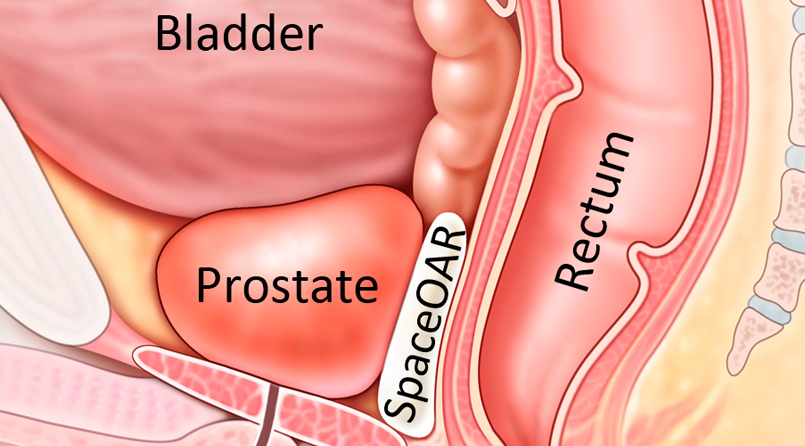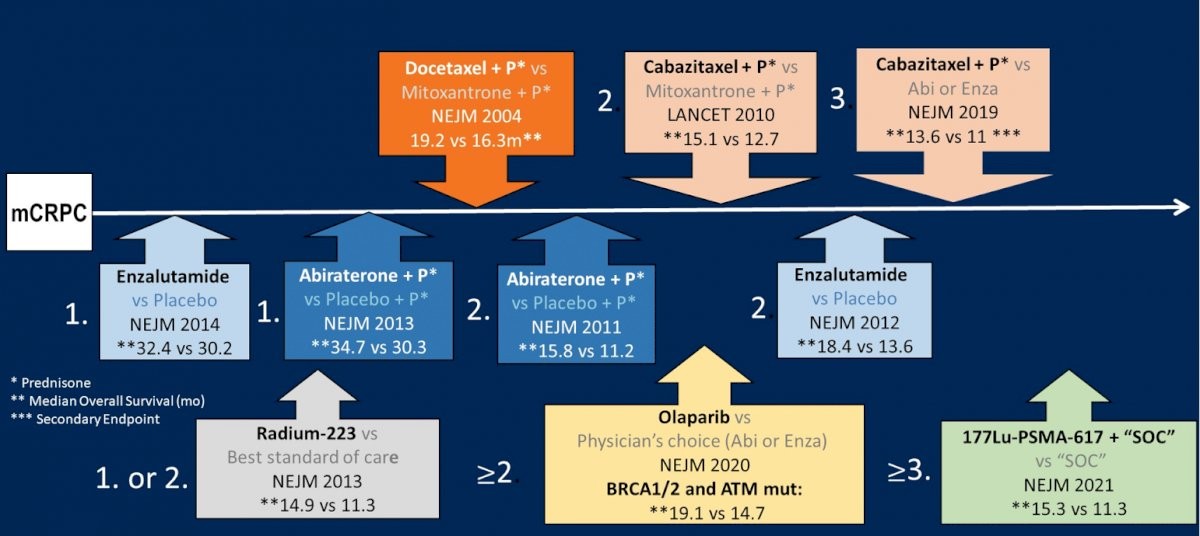Rumored Buzz on Best Prostate Surgeon In Mumbai
Rumored Buzz on Best Prostate Surgeon In Mumbai
Blog Article
Prostate Cancer Therapy: Surgical and Non-Surgical Approaches Explained
When confronted with a prostate cancer diagnosis, the range of therapy choices can appear frustrating. From surgical treatments to non-surgical approaches, each technique lugs its own collection of benefits and considerations. The decision-making process includes considering factors such as effectiveness, possible adverse effects, and long-lasting end results. Comprehending the subtleties of medical methods, like robotic-assisted surgical procedure, and non-surgical treatments such as radiation therapy and hormone treatment, is critical for patients and their family members. This thorough overview intends to clarify the intricacies of prostate cancer cells treatment, supplying understandings right into the details of each approach to empower individuals in making notified selections concerning their health.
Surgical Treatment Options
When considering surgical therapy alternatives for prostate cancer cells, patients and health care suppliers usually evaluate the advantages and dangers connected with different procedures. One typical surgical technique is extreme prostatectomy, which entails the elimination of the whole prostate gland. This procedure is typically suggested for individuals with local prostate cancer and offers the possibility for a treatment. However, extreme prostatectomy can lead to side results such as urinary system incontinence and impotence.
An additional surgical option is robotic-assisted laparoscopic prostatectomy, a minimally intrusive procedure that uses a robot system to aid the surgeon in getting rid of the prostate. This method can result in much less blood loss, shorter health center remains, and faster recuperation times compared to conventional open surgical treatment. It also lugs the danger of problems such as infection and injury to surrounding body organs.
Ultimately, the selection of surgical therapy for prostate cancer cells depends upon various aspects including the stage of the cancer cells, the patient's general health, and their preferences pertaining to prospective adverse effects and recuperation times. Consulting with a multidisciplinary team consisting of urologists, oncologists, and radiation oncologists can aid patients make notified choices about one of the most ideal medical method for their private instance.

Non-Surgical Treatment Alternatives
Considering choices to surgical interventions, non-surgical therapy alternatives for prostate cancer cells offer patients additional opportunities for taking care of the condition while reducing potential surgical risks. One non-surgical technique is Energetic Security, where individuals with low-risk prostate cancer cells are kept an eye on very closely via normal examinations, blood examinations, and biopsies, without undertaking instant treatment. This method aims to avoid unnecessary treatment and its involved negative effects, such as urinary incontinence and erectile disorder.
An additional non-surgical alternative is Radiation Treatment, which utilizes high-energy rays to eliminate cancer cells (best prostate cancer doctor). This therapy can be supplied on the surface utilizing a maker (Exterior Beam of light Radiation) or inside through little radioactive pellets put near the growth (Brachytherapy) Radiation therapy can be used as a key therapy or in mix with other therapies, such as hormonal agent therapy
Additionally, Hormone Treatment is a non-surgical technique that aims to decrease the degrees of male hormones (androgens) in the body, as these hormonal agents can sustain the development of prostate cancer cells. By blocking or reducing androgen levels, hormone therapy can reduce cancer cells development and eliminate signs in advanced situations.
Robotic-Assisted Surgical Procedure for Prostate Cancer

Among the vital benefits of robotic-assisted surgery for prostate cancer is its capability to minimize the danger of difficulties and negative effects commonly connected with open surgery, such as blood loss, pain, infection, and expanded recuperation times. Patients undergoing robotic-assisted procedures frequently experience shorter healthcare facility remains, much less postoperative pain, and quicker return to normal tasks. In addition, the minimally intrusive nature of robot surgical treatment normally leads to smaller incisions, leading to improved aesthetic results and minimized scarring for clients. In general, robotic-assisted surgery represents a cutting-edge approach to prostate cancer cells treatment that integrates technical developments with surgical proficiency to maximize patient end results.
Radiation Therapy for Prostate Cancer Cells
Utilizing innovative radiation technology, radiation treatment plays an important duty in the detailed treatment of prostate cancer. Radiation treatment uses high-energy radiation to ruin cancer cells and shrink growths. It is a common treatment choice for prostate cancer cells, either as a primary therapy or in combination with surgical treatment, hormonal agent therapy, or chemotherapy.
There are 2 main types of radiation treatment used for prostate cancer: external light beam radiation treatment (EBRT) and brachytherapy. These seeds produce radiation that kills the cancer cells over time.
Radiation therapy for prostate cancer is highly reliable, with high treatment rates, particularly for local cancer. It is also a valuable option for individuals that might not be ideal candidates for surgical treatment. Like any kind of therapy, radiation therapy may have negative effects, such as urinary system problems, tiredness, and skin irritation, however these are often temporary and convenient.
Hormone Treatment for Prostate Cancer Cells
Hormone therapy is a typically used treatment method for prostate cancer monitoring. Hormone treatment, likewise understood as androgen deprival therapy, intends to lower testosterone degrees in the body or obstruct the hormonal agent's effects on the prostate cancer cells, thus slowing down the disease's development.
There are various sorts of hormonal agent therapy for prostate cancer, consisting of medicines that reduced testosterone levels (such as luteinizing hormone-releasing hormone agonists and villains), or medicines that block testosterone from reaching cancer cells (like anti-androgens) Hormonal agent treatment can be utilized alone or in mix with various other treatments like radiation treatment, depending on the stage and aggression of the cancer.
While hormonal agent treatment can properly control prostate cancer development, it might come with side effects such as hot flashes, loss of sex drive, erectile dysfunction, and osteoporosis - Best prostate cancer doctor in Mumbai. Routine surveillance and discussions with doctor are critical to manage these negative effects and make sure the therapy's effectiveness
Conclusion
In final thought, the therapy alternatives for prostate cancer include non-surgical and medical strategies such as robotic-assisted surgical treatment, radiation treatment, and hormonal agent therapy. Each method has its own benefits and dangers, and the option of therapy relies on numerous variables such as the stage of cancer and overall health and wellness of the individual. It i thought about this is very important for people to review these options with their doctor to my review here figure out the most appropriate course of action for their individual situation.

Using advanced radiation modern technology, radiation therapy plays an important role in the comprehensive treatment of prostate cancer cells. It is a typical therapy choice for prostate cancer, either as a main treatment or in mix with surgical procedure, hormone treatment, or chemotherapy.
Radiation treatment for prostate cancer cells is very efficient, with high treatment rates, specifically for localized cancer cells.Hormone treatment is a typically made use of treatment technique for prostate cancer administration.In conclusion, the therapy alternatives for prostate cancer consist of surgical recommended you read and non-surgical approaches such as robotic-assisted surgical procedure, radiation therapy, and hormone treatment.
Report this page